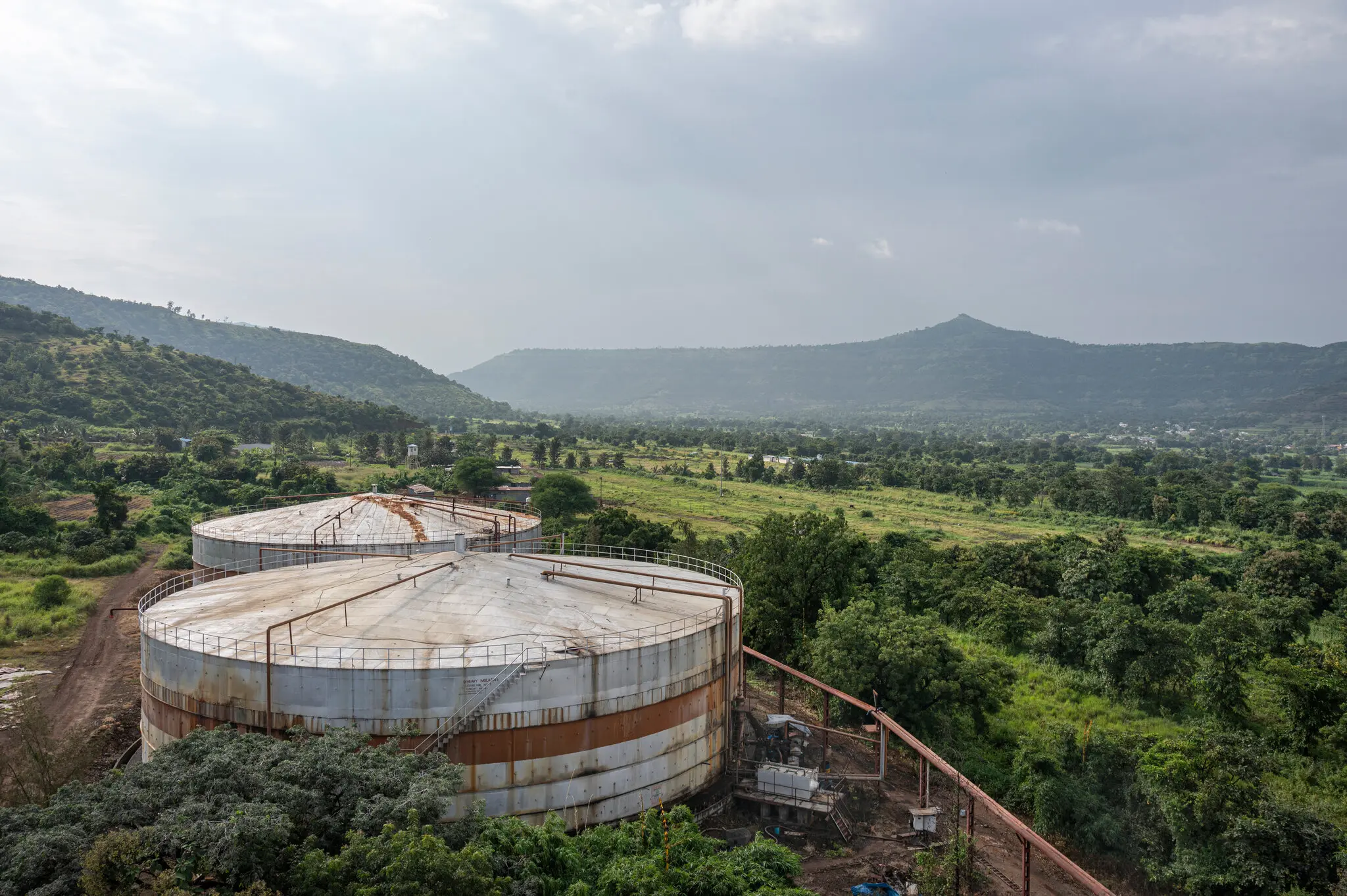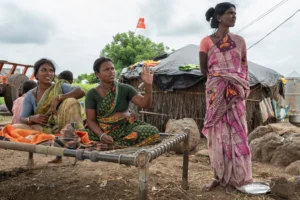Last updated on November 22, 2024
By Arpita Roy Photographs by Saumya Khandelwal | Nov. 21, 2024 Updated 7:00 a.m. ET
Why would anyone stay in a job where abuse is rampant and women are coerced into hysterectomies? Because the cost of escaping India’s cane fields is often even higher.
When his daughter turned 12, Gighe Dutta decided this would be the year that he and his wife quit cutting sugar cane in the fields of western India. The work required a long migration, and his daughter would have to drop out of school — the first step for many girls on a lifelong path of abuse and poverty.
But his employer refused to let them quit. He and his friends beat up Mr. Dutta and forced him into a car, Mr. Dutta said. According to a report that he filed with a local government agency, the men drove him to a mill that says it supplies sugar to many international companies.
Mr. Dutta was locked there for two days, he said, and left to sleep on the floor to reconsider his decision.
The sugar-rich state of Maharashtra supplies companies like Coca-Cola, Pepsico and Unilever. Local politicians and sugar barons say that laborers like the Duttas are free to leave. The work is hard, they concede, but laborers can always seek work elsewhere.
But the sugar workers of Maharashtra are far from free. With no written contracts, they are at the mercy of their employers to decide when they may leave. They frequently work under the threat of violence, abduction and murder.

There is no official data about how often such treatment occurs, and abuses often go unreported because workers fear retaliation. But workers’ rights groups, local government authorities, experts and even some mill owners say that kidnapping is not uncommon and that workers have little recourse.
The New York Times and Fuller Project obtained police reports and local government records, interviewed factory owners and collected the firsthand accounts of a half dozen families involved in recent kidnapping cases.
“Some say they will murder you. People say all sorts of things,” said Vinobai Taktode, a laborer who reported to the police that her husband had been kidnapped by his employer. “There are so many fears on our minds.”

Earlier this year The Times and The Fuller Project revealed that household-name companies and Indian politicians profit off a brutal system that forces children to work, pushes them into underage marriages and coerces women to get unnecessary hysterectomies to keep them working in the fields, unencumbered by menstruation or routine ailments.
All of those abuses can be linked to what is known as bonded labor, a system in which workers are perpetually in debt to their employers and cannot leave.
Bonded labor, or debt bondage, is an internationally recognized human rights violation. It is illegal in India and explicitlydenounced by the Western companies that buy sugar from Maharashtra.
Yet worker abuse in Maharashtra is hardly a secret. Bonded labor is endemic across the state, according to researchers, industry officials and workers’ rights groups. A court-appointed government fact-finding team found last year that the sugar industry relies on an extensive system of bonded labor, according to a document obtained by The Times and Fuller Project.
Several Western brands that source from Maharashtra either declined to comment or pointed to their published human-rights policies without addressing the issue of bonded labor in Maharashtra.
Far from addressing the problem, the Maharashtra government denies that it exists. A court affidavit submitted this year on behalf of several state agencies said that sugar laborers were “free to move anywhere and they are never imprisoned by the employer.”
The mill where Mr. Dutta says he was held, Jaywant Sugars, denied any involvement. The mill has many customers and has supplied Sucden, a major commodity broker that says it commands 15 percent of the global sugar trade.
In response to questions, Sucden said that it had not purchased from Jaywant Sugars since 2020. Sucden said that the mill had signed a code of conduct assuring that no labor abuses were involved in its operations. Sucden said that it would not source from Jaywant again without “clear and documented prior clarification on labor practices.”
Debt bondage persists because sugar cutters in Maharashtra are paid through cash advances at the beginning of each season. Almost invariably, according to laborers and contractors alike, it is impossible to repay the money in a single year. The debt rolls over, and families are trapped, typically with no contract and no recourse.
Violence can occur when workers try to break that cycle.
One sugar cutter, Prahlad Pawar, said that his employer told him last year that he and others had not worked hard enough during the harvest.




Be First to Comment